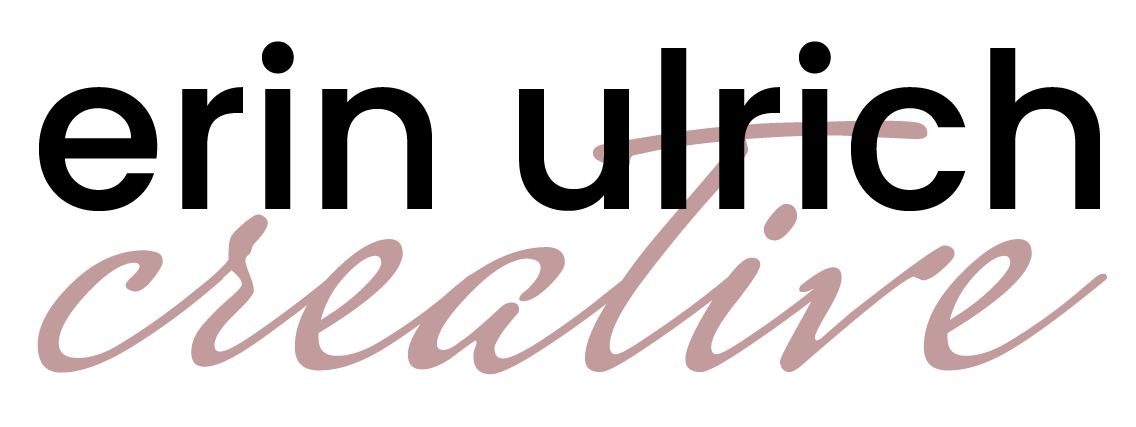What’s the difference in self-hosted WordPress and WordPress.com?

The differences between WordPress.org and WordPress.com can be a bit confusing. My goal in this post is to clear up common misconceptions and help you understand the differences. I’m going to talk in everyday language, staying away from technical terms as much as possible, to help you determine if self-hosted WordPress or WordPress.com is right for you.
What is WordPress?
First of all, let’s define what WordPress is. WordPress is software that can be used for both blogs and websites. It is a content management system (CMS), which means that you will have the ability to modify and publish your content, as well as maintain the site, all from one interface. In other words, you can make changes to your own site, rather than having to pay a developer to modify things like the text and photos on your pages. WordPress is Open Source software you can download for free.
What does “hosting” mean?
A web hosting service makes it possible for your site to be accessible on the internet. They provide room on their servers for your site and its files to be stored. (For more information on hosting providers, click here.)
Both wordpress.com and self-hosted WordPress use the WordPress software. The big difference is where your site is hosted, how much freedom you have, and the cost.
When it comes to WordPress, you have two options …
Self-hosted WordPress
This option gives you the full range of all WordPress has to offer. The custom designs we offer here at Design by Insight are for self-hosted WordPress sites. {Several of the links below are affiliate links. This means I’ll receive a commission if you make a purchase.}
What you need to know about self-hosted WordPress:
- web hosting service is required – The fact that it is “self-hosted” means you must choose a web hosting service. This will involve a monthly fee (prices vary and you usually get what you pay for). For more information about reputable hosts, see our hosting recommendations page.
- domain registration required – You will have to obtain your own domain registration (your own URL). This is very inexpensive at around $10-12 per year. We recommend registering your domain through your web host, or alternatively through NameCheap.
- full range of themes available – By self-hosting your WordPress site, you can use any WordPress theme available. We use and highly recommend the Kadence theme and the Kadence Starter Templates or child themes from Restored 316 Designs.
- plugins are allowed – There are a wide range of plugins available for self-hosted WordPress. These plugins expand the abilities of your site, allowing you to maximize the potential of WordPress.
Wait . . . so what is WordPress.org?
It’s the website that offers the WordPress software for download, as well as plugins and themes, valuable information about WordPress, and forums. It is not a place where you can host your site.
WordPress.com
This option gives you limited use of WordPress. The perk here is that it is free, but there are a limitations attached. (They also provide the option for you to do paid upgrades for additional features. This usually isn’t cost effective though, and you would be better off going the self-hosted route instead.)
- WordPress.com is your host – This is where many people get confused. WordPress.com offers you a free site using the WordPress software, hosted on their servers. You don’t have to pay a thing if you don’t want to.
- domain registration is optional – At WordPress.com, you can use one of their default URLs, something like http://YourBlogName.wordpress.com. They also give you the option of upgrading to a custom domain (which I do recommend).
- you are limited in a number of ways – WordPress.com is a very dialed down version of WordPress, and there are a number of significant limitations.
- upgrades get expensive – If you want more freedom to add features at WordPress.com, it will cost you. The big issue with this is that you can end up paying more than you would for hosting a self-hosted WordPress site. (And self-hosted sites offer far more possibilities, so paying for WordPress.com just doesn’t make practical sense.)
To sum it all up . . .
Both WordPress.com and self-hosted WordPress have the solid foundation of the WordPress software. But if you truly want freedom to build a great site with flexible features and custom design, go with self-hosted WordPress.
All sites that I build are self-hosted WordPress sites, so if you would like us to work together, please keep that in mind.
For further reading:
What Are the Limitations of WordPress.com (via WP Beginner)
____________________

I attended your Build a Better Blog session at Allume and it was wonderful! Glad I found your site…so very helpful.
I’m so glad it was helpful! Thanks for stopping by our site today! 🙂